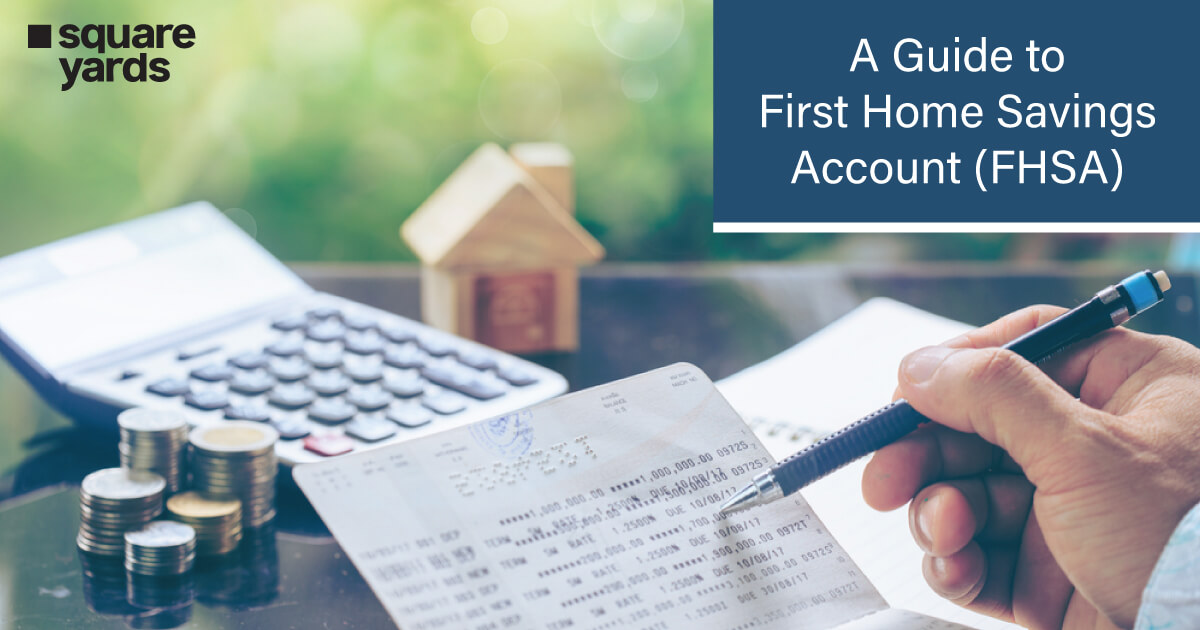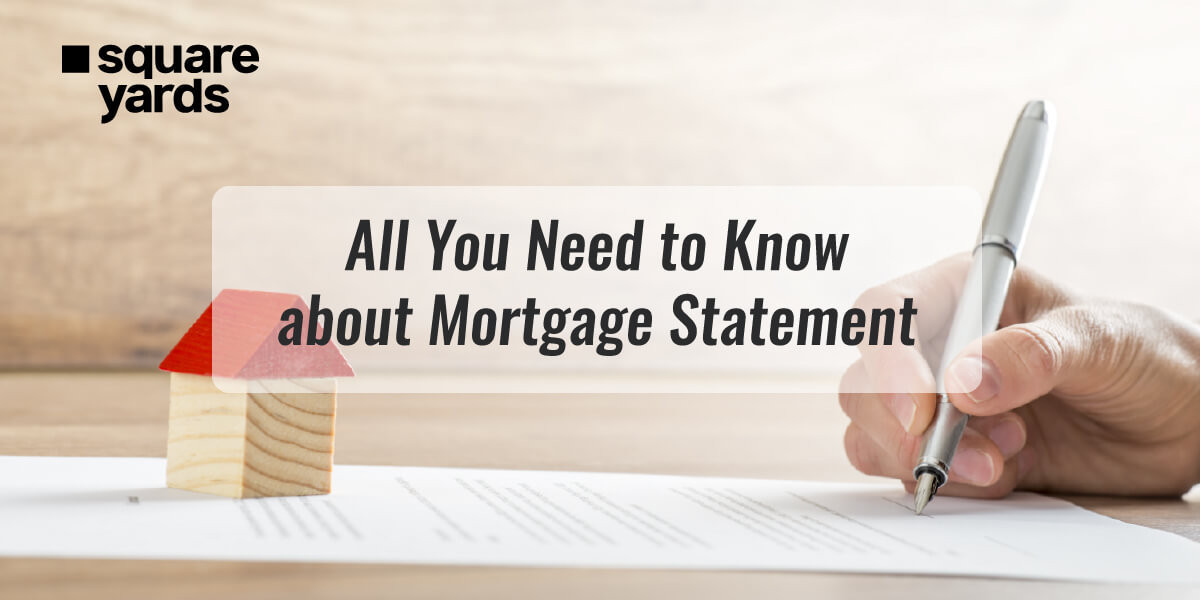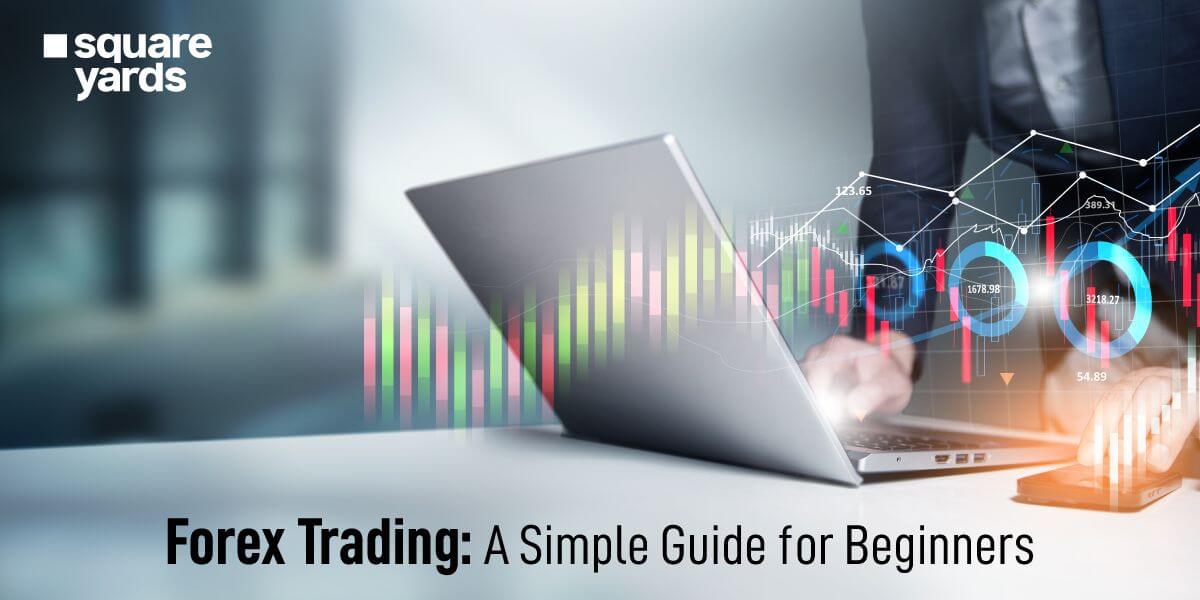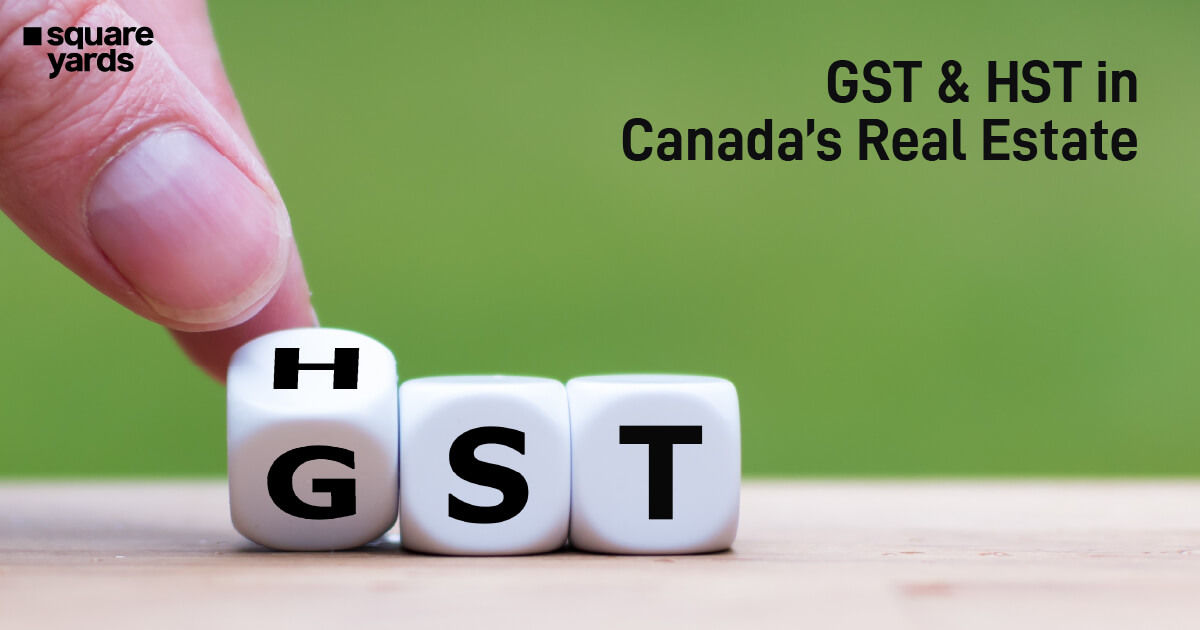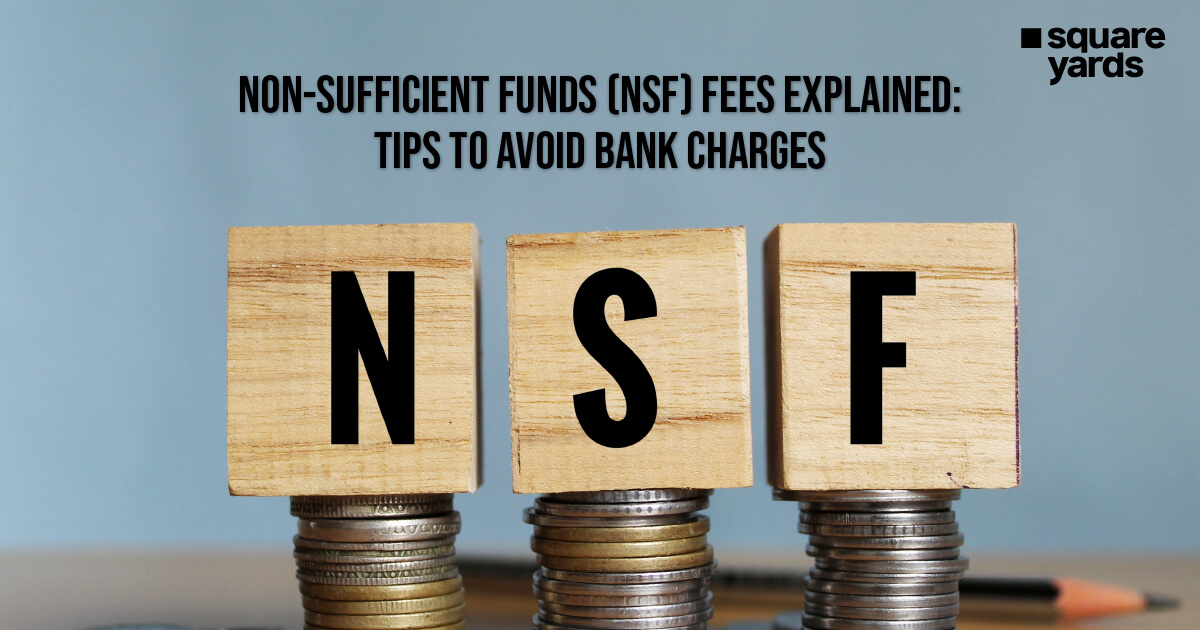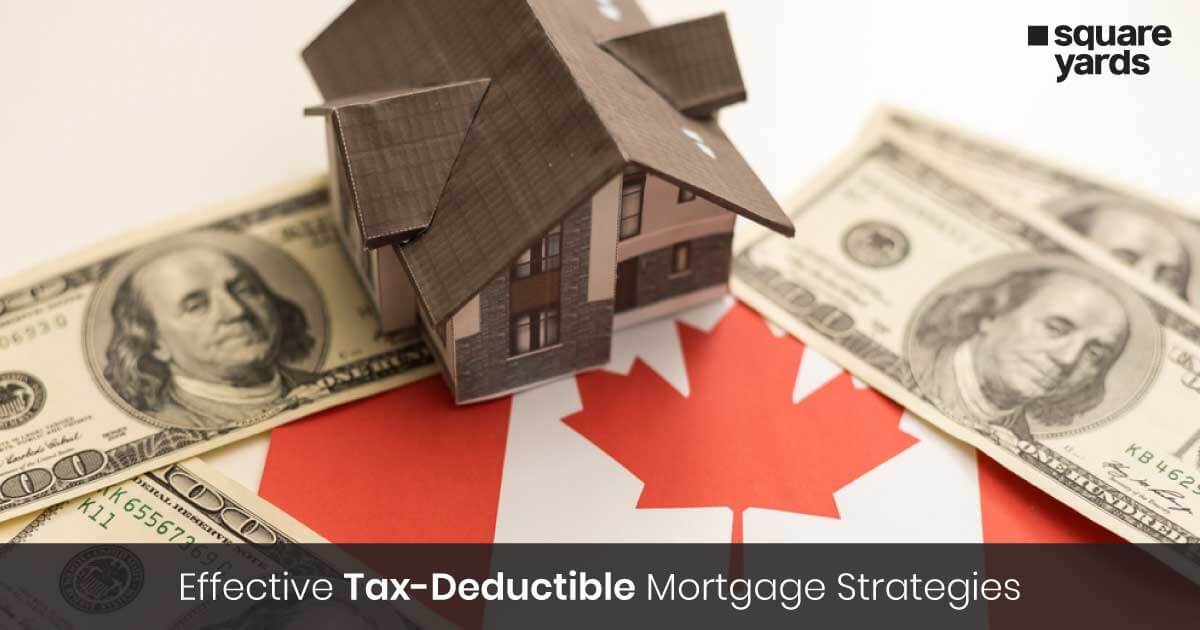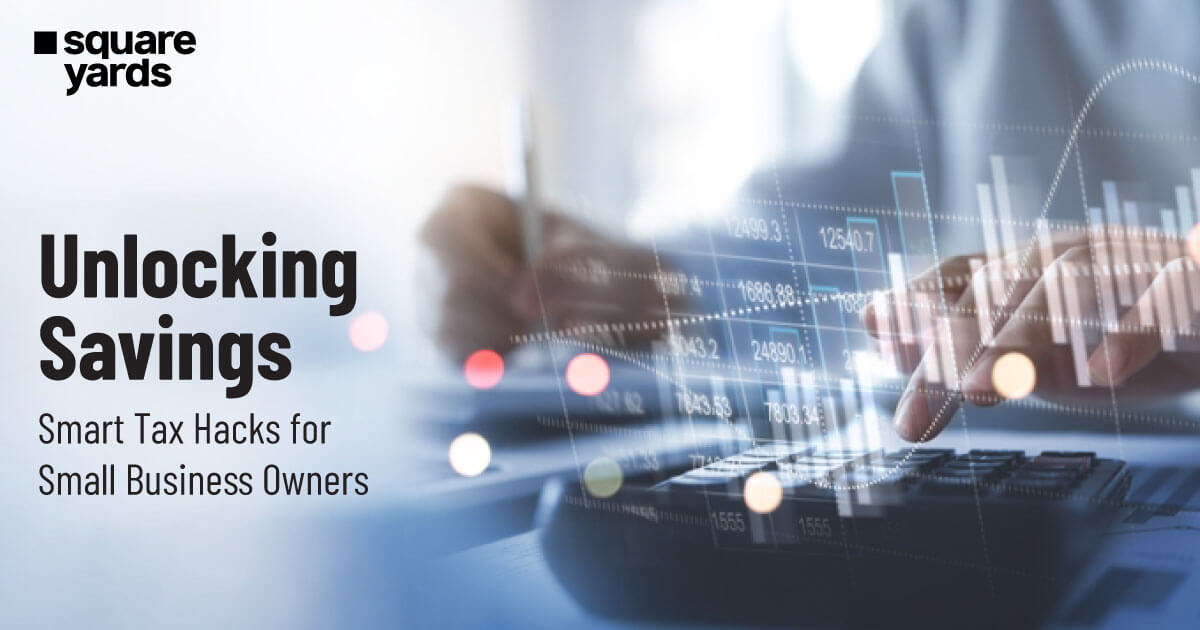Buying a home in Canada is a dream come true for many. Besides having the luxury of owning your property, it is also a solid investment that reaps high returns on investment. but First Time Buyers have difficulty accumulating the down payment that is necessary to be paid out while taking out a home loan or mortgage. considering their pain, the Government of Canada has launched a Tax-Free First Home Savings Account (FHSA), that will be operational from April 2023 onwards. although the core details and benefits of the account will be available shortly, here is a comprehensive guide on everything about FHSA!
What is The Meaning of FHSA
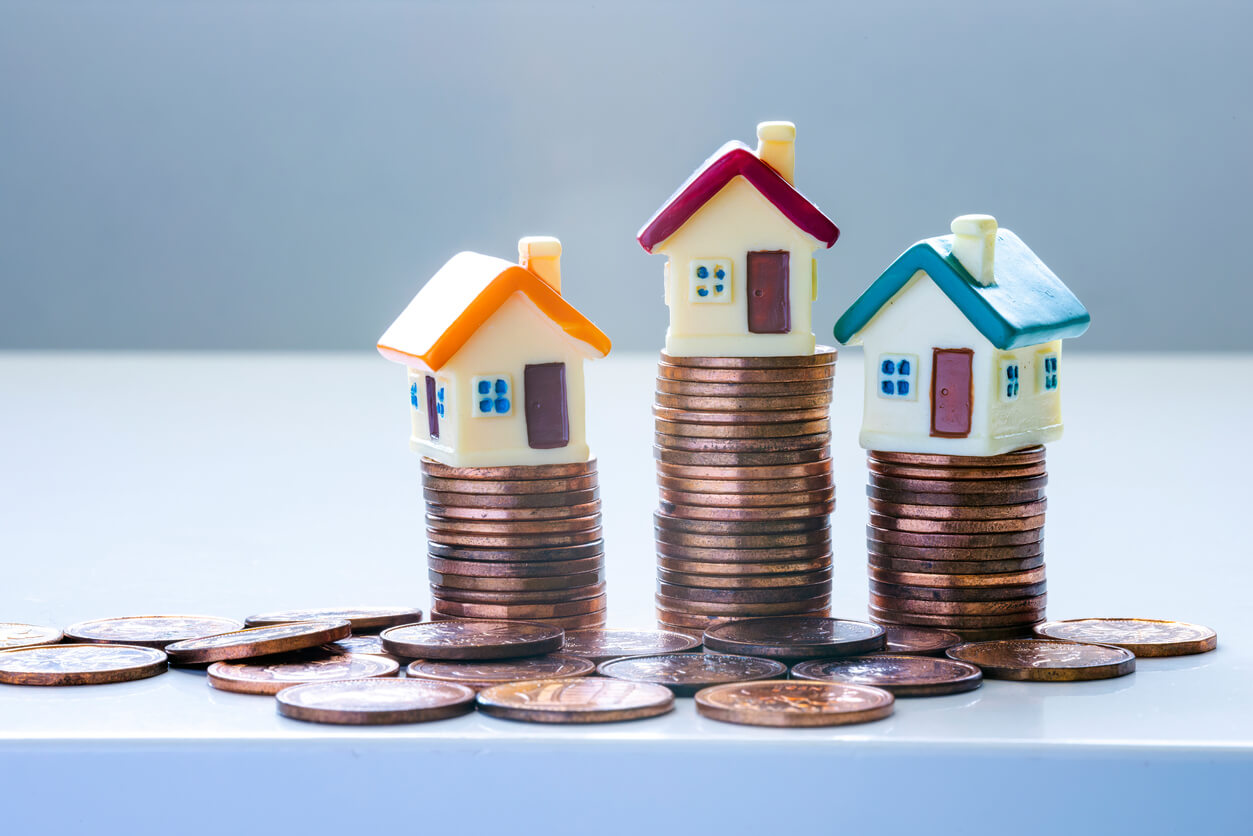
The FHSA or First Home Savings Account is a special account designed for first-time home buyers. this account allows you to deposit money in this account up to CAD 40000, which will be tax-free, and can be used to bear the initial cost of buying your new home. FHSA also gives you lucrative compounding interest and allows you to hold similar investments as in TFSA.
Some examples are
-
- GICs – Guaranteed Investment Certificates
- Mutual funds
- Bonds
- Publicly traded securities
-
Conditions To Start Saving in The FHSA Account
- You should be 18 years of age and above
- You should be a resident of Canada
- You should have a SIN or Social Insurance Number
- You should be a first-time home buyer and not have owned a house in the preceding four years
- You will have to use the savings either when you turn 71 or by December 31st of the year when your account completes 15 years, whichever is earlier
- On making the first qualifying withdrawal from your FHSA account, you will have to close the account within a year of this transaction
- If you do not use the proceeds of the account for buying a house, you may be taxed accordingly
- When making your first withdrawal, you will need to get into a formal agreement to buy/build a house before October 1 of the following year of the withdrawal
- You must purchase a property in Canada, and use the home as your primary residence
- You can use the funds as a down payment towards your home loan, or even to bear the initial home expenses and costs of renovating or building your home
- The yearly contribution towards the account is fixed at CAD 8000 , and the lifetime contribution cannot exceed CAD 40000
Reasons Why You Must Invest in FHSA

There are several reasons why you must invest in a tax free home savings account. FHSA is a beneficial home buying savings account that can help you with:
-
- Tax free home savings account for 15 years
- If these funds are further used for investment, there will be no tax deductions on your investment earnings as well
- Work great in collaboration with your HBP or Home Buyers Plan
- Saving your home purchase funds for up to CAD 40000
- Carrying forward the unused amount to the next year, till the time your FHSA account is operational
Use Your Tax Free Home Savings Account To Buy a Home
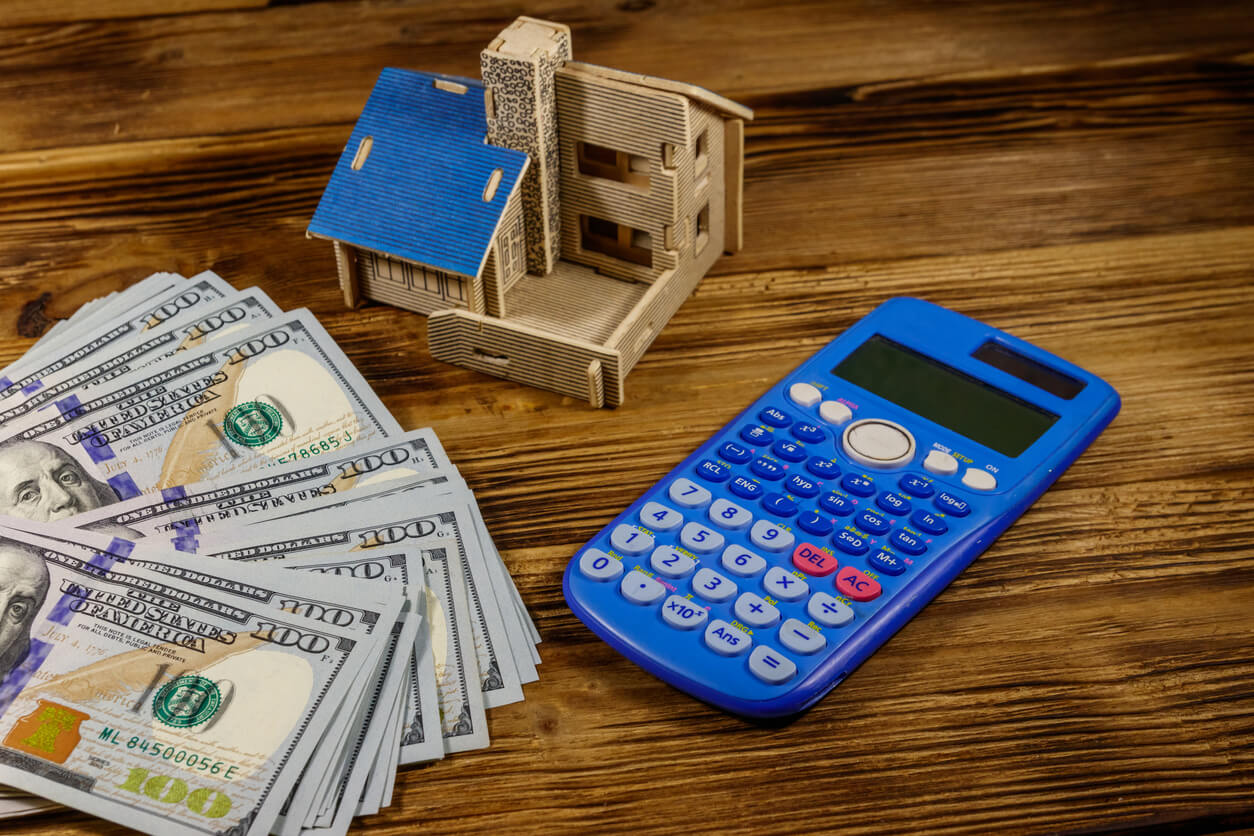
If you are a first-time homebuyer, your first time home buyer savings account is a great source, that can help you build your down payment or pay towards the initial costs of building and managing your new home.
Here is how you can use your home buying savings account:
Step 1
You must open your FHSA and purchase investments, such as the ones shown below, to hold the account:
-
- GICs – Guaranteed Investment Certificates
- Mutual funds
- Bonds
- Publicly traded securities
Step 2
Your FHSA is a registered plan, which will use these investments to build your money and grow your corpus so that it helps you own a home faster.
Step 3
The Reserve Bank of Canada (RBC) has not designated any minimum balance and it allows you to hold a significant number and range of investment opportunities that will help you earn higher returns.
Step 4
It is quite easy to manage your RBC FHSA, but you can also seek professional assistance from experts to guide you in making solid investment decisions.
Step 5
You don’t have to worry about any tax deductions on your FHSA account, as your deposits and the returns that you earn from investments are all tax-free.
Step 6
You have the opportunity to grow your money faster with a first time home buyer savings account as compared to investing your money in a savings account
Step 7
You can contribute up to CAD 8000 every year.
If you are unable to fulfill this amount in one particular year, the balance will be carried forward to the next year and will add up to the future year’s investment value, i.e CAD 8000 plus the carried forward amount of the previous year
Step 8
You can automate your payments and contributions towards your FHSA on a weekly, monthly, and quarterly basis, which will help you make regular contributions towards this beneficial tax free home savings account.
Step 9
Remember that you can only withdraw funds from your home buying savings account to purchase a house or to invest in home-related expenses, or else the money will be taxed. you can withdraw your money at any time to purchase a house, but you may have to close the account, within a year of withdrawing funds from your FHSA
Step 10
It is highly recommended to take advantage of utilising both the FHSA and HBP (Home Buyers Plan) plans when you want to purchase a home. a stark difference between both the plans is, that in the case of the HBP, you need to repay the funds borrowed, which is not the case with FHSA, as those funds comprise your savings.
What if You Decide Not To Own a House

You may have invested in your FHSA account to contribute towards buying your new home, but if you change your mind, then you have two options to go with:
-
- You can withdraw funds from your FHSA and use them however you like, but the withdrawals will be taxed
- You can transfer the funds to your RRIF (Registered Retirement Income Fund ) or RRSP (Registered Retirement Savings Plan), and this transaction will be tax-free.
Pros And Cons of Using First Time Home Buyer Savings Account
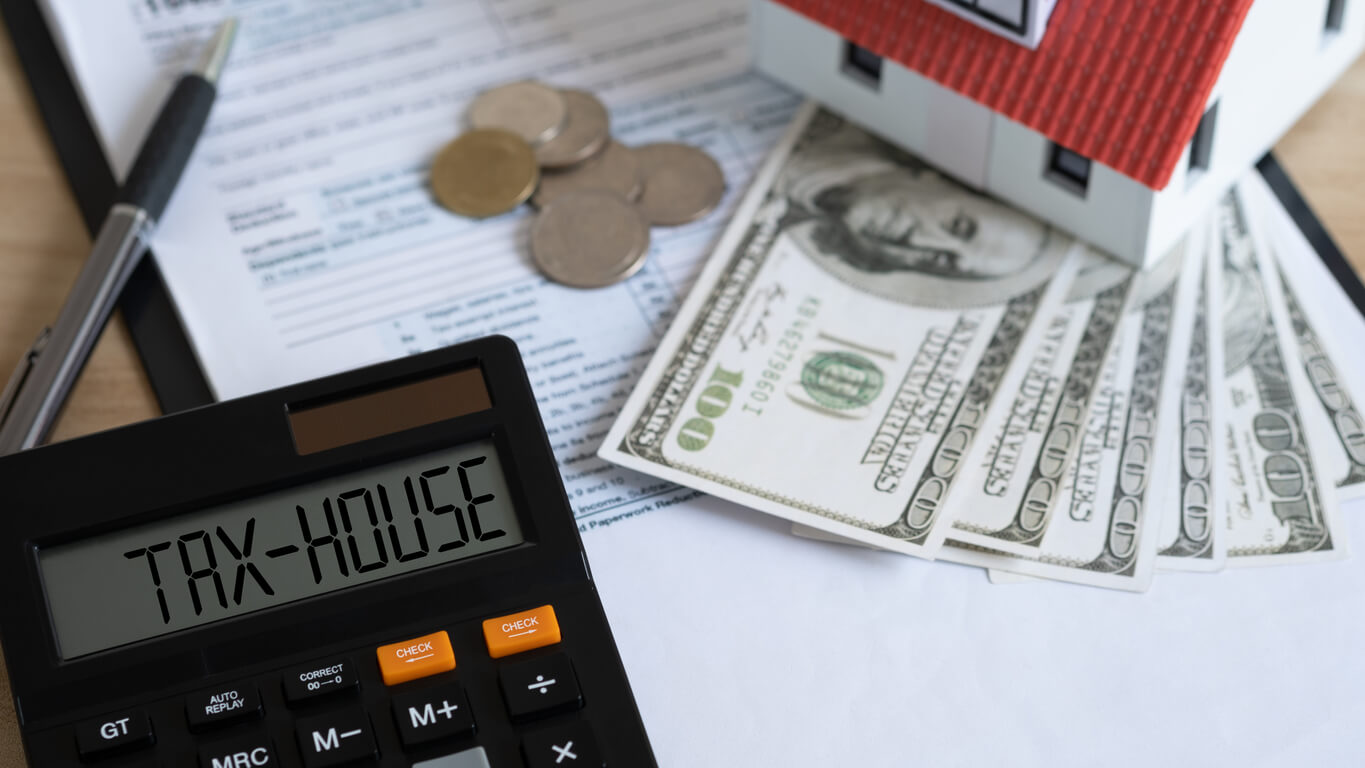
There are pros and cons of using the FHSA, and the details are:
-
Benefits of using the FHSA
- The proceeds of FHSA help you to contribute towards the down payment when taking a home loan to buy your first home. These proceeds are 100% tax-free and tax-deductible
- You have several investment opportunities in which you can trust your money with
- You can combine the FHSA proceeds with your HBP account and get maximum advantages
- You don’t have to pay back any amount that is gathered in your FHSA, as these are your contributions and savings
-
Drawbacks of using the FHSA
- You can only use the contributions for buying your first home
- The lifetime limit of contributing a maximum of CAD 40000 is quite low
- You will be taxed if you use the funds for any other use
- It has a short tenure of only 15 years
Is the Tax Free First Home Savings Account Beneficial
Your tax free home savings account is highly beneficial, especially if you are a first-time home buyer, and looking forward to accumulating funds for purchasing a new home or investing in your first home expenses. these contributions, which go up to CAD 40000 for a maximum of 15 years, are tax-free and tax-deductible and allow you to invest in qualified investments like stocks, mutual funds, and guaranteed investment certificates. you also have the benefit of carrying forward any unused contributions of the year to the next year in addition to the limit provided in the new year.
Comparison Between FHSA, TFSA, and RRSP Home Buyers Plan
There are many similarities between all three accounts which can be used for buying your first home – FHSA, TFSA, and RRSP Home Buyers’ Plan. Here is a table of comparison!
| Feature | FHSA | TFSA | RRSP Home Buyers’ Plan |
| Withdrawals are Non-Taxable (only for purchasing a home) | Allowed | Allowed | Allowed |
| Tax Deductible Contributions | Allowed | Allowed | Not Allowed |
| Savings and Investments Permissible | Allowed | Allowed | Allowed |
| Annual Contribution depends on income | No | No | Yes |
| Carry Forward Unused annual contributions | Allowed | Allowed | Allowed |
| Total Contribution Amount | CAD 40000 | Cumulative | CAD 35000 |
| Funds accumulated only by first-time home buyers | Yes | No | Yes |
| Can check balances and contributions | NA | Yes | Yes |
Conclusion
The Bottom line is that although not much information is out regarding the FHSA, which is scheduled to start operating in April 2023, it is only after people start using the account, the situation will be more clear. however, just like TFSA and RRSP Home Buyers’ Plan, the first time home buyer savings account, is a great value-add initiative launched by the Government of Canada that will encourage first-time homebuyers to start saving for their initial purchase!
You May Also Read
| Everything About Canadian Banking System | Canadian Banking System |
| Steps To Manage Banking in Canada | Banking in Canada |
| Guide To Best Credit Cards in Canada | Best Credit Cards in Canada |
| Open A Student Bank Account in Canada | Student Bank Account in Canada |
| Apply For House Mortgage in Canada | House Mortgage in Canada |
Frequently Asked Question (FAQs)
You can open an FHSA Canada account after you turn 18 and save up to CAD 40000 for investing in your first home. This is a money-saving tool, which allows you to invest in a range of securities for 15 years, which will help your money grow, with compounding interest.
You can invest a maximum of CAD 8000 every year up to a limit of CAD 40000 for a maximum of 15 years, with no tax levied on your funds or returns. You must use these funds to purchase your first home or to pay initial home-related expenses, or else the amount will be taxed.
The FHSA interest rate is not fixed, as it depends on the various investments, you would be holding on your first home savings account When can I open FHSA Canada?
How does an FHSA work?
What is the FHSA interest rate?

